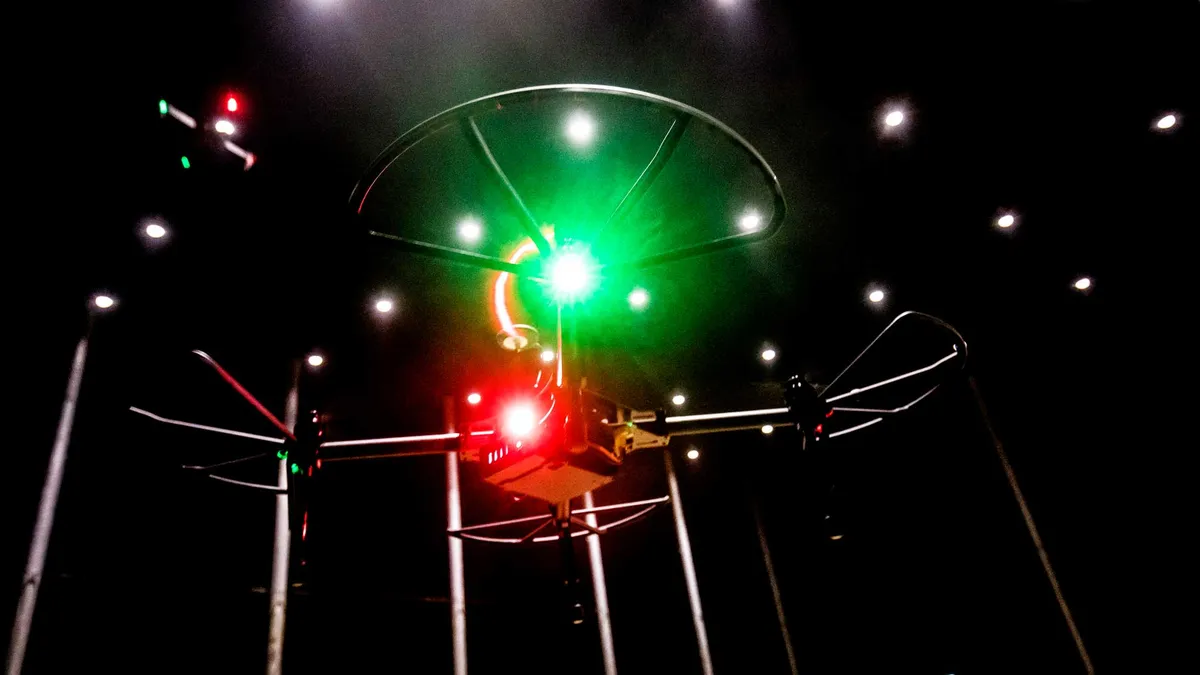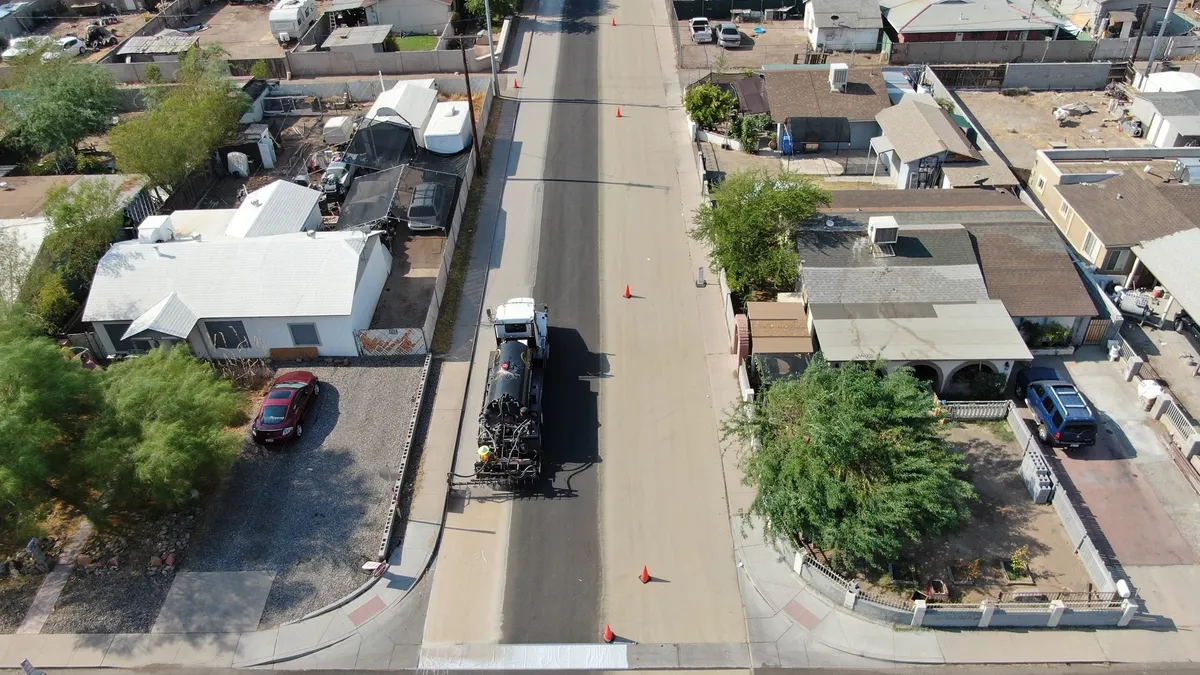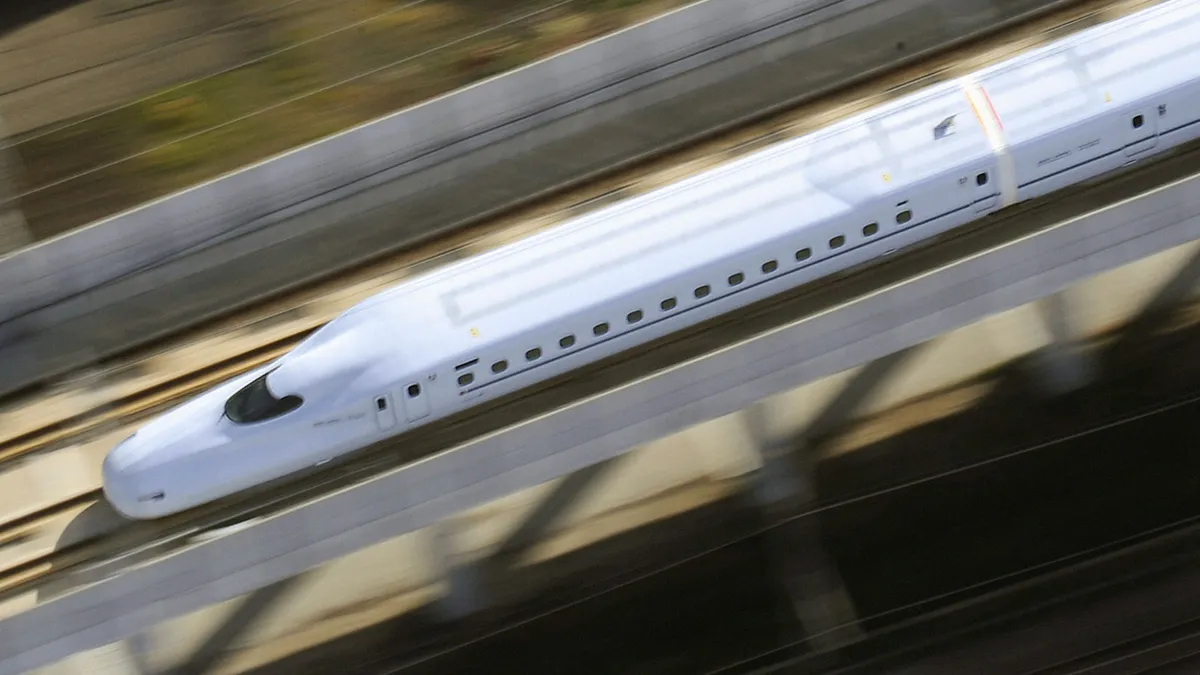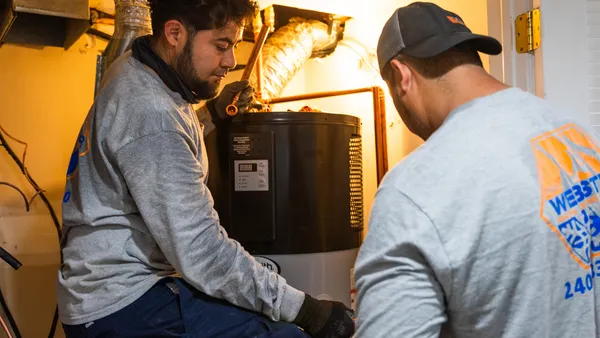Dive Brief:
- The University of Michigan College of Engineering announced it has opened a 9,600-square-foot, four-story open-air lab, dubbed M-Air, for testing autonomous aerial vehicles.
- Engineers on the project are developing unmanned drones for many uses, and said some may be pegged to inspect roofs for damage and “ferry and eventually position and install shingles with a pneumatic nailer,” according to a statement by the university.
- M-Air is an indoor facility, allowing test flights there to bypass strict flight laws. The enclosed space allows researchers to test autonomous drones in real-world conditions while avoiding the risks of operating the machines in open space outdoors.
Dive Insight:
Construction is one of the top three uses for commercial drone-based services, said Mike Danielak, of Portland, Ore.-based drone network service provider Skyward, citing Skylogic Research’s 2017 Drone Market Sector Report.
Drones can play a big part in pre-construction processes such as helping designers create 3-D models and maps when a plane, crane or helicopter would otherwise be necessary. They are also being targeted for dangerous jobs, including inspecting infrastructure such as bridges and wind turbines.
Roofing contractors consider drones a promising technology, according to the GAF Pro Blog, while the Replaced by Robots blog said that the job of applying roofing shingles has a 90% chance of being automated by robotic technologies such as autonomous drones.
Regulations restrict the widespread adoption of drones in the industry, according to Danielak, but the White House is aiming to ease legislation to allow for more drone deployment nationwide.
Drones were put to use inspecting roadways and power lines in the aftermath of Hurricane Harvey in Houston, Texas, for example, through Federal Aviation Administration authorizations. Proponents hope that the FAA’s more forthcoming approval of drones at that time will help spur increased allowances for drones to help on construction tasks such as building inspections and site surveys, which are mostly provided on a one-off basis.
Self-flying and self-learning drones like the ones being tested at M-Air, however, are "coming faster than you think," according to The New York Times, but they add another layer of legislative complexity. Philadelphia, for example, is considering that autonomous drones could be beneficial and has begun discussing ways in which self-automating aerial vehicles could be used and regulated in the light of major privacy and security issues they may bring.












